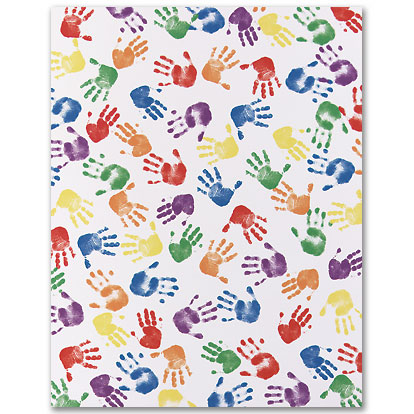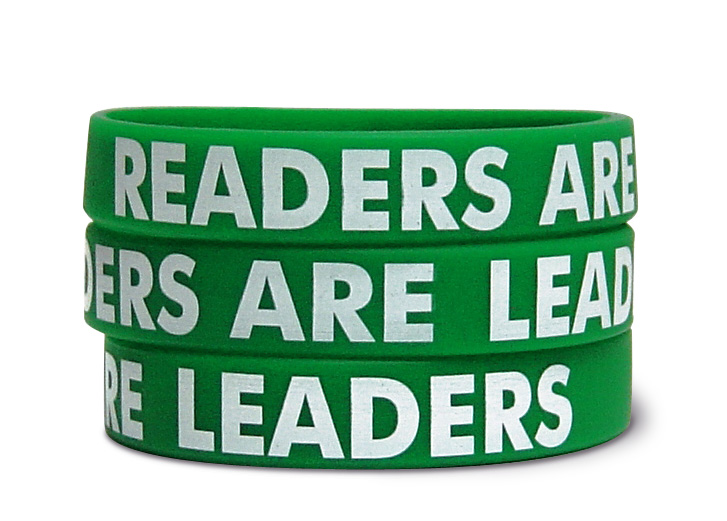Author Archive
SysTheo Quarter 2 Exam Study Guide
Test yourself!!
Leaders are Readers – a Great blog post that I now become a chain-link in . . .
Leaders are readers. There is no way of getting around it. Any leader worth his salt knows what he doesn’t know and does something about it. Leaders are life-long learners and one of the best ways that I know of to keep learning is to keep reading. When you stop reading, you stop learning and when you stop learning, you stop leading with effectiveness.
We all have our excuses why we don’t read as much as we say we want to or think we should. The first thing I would say in this regard is get off your “but”
I would love to read more, but…
- I don’t know what to read or how to read
- I am a slow reader,
- I am too busy…just barely keeping up with what is already on my plate.
You will never “find” the time to read. I have never met anyone who was walking down the street and found some time lying there for the taking. We all have the same amount of time as the CEO of a Fortune 500 company or the guy flipping burgers at the local McDonalds…168 hours a week.
You have never had less than that and you will never have more than that, no matter how many times you say to yourself, “I wish I had more time.” With reading, as with most other important things in your life that you never seem to get to, it is a matter of priorities and values, not time. You will always make time for what you think is truly important.
Here are seven things that you can begin doing to build the habit of reading more:
1. Set a specific goal
For over 15 years I have had a goal to read at least two books a month (24 books a year). Just yesterday, I discovered that for the last 14 years I have averaged 29 books a year. This didn’t happen by accident or by wishing. What gets measured, gets done. Perhaps you should start with a goal to read one book a month and tell someone about your goal. There’s nothing like accountability to keep you moving.
2. Make Time
To make (not find, as you will not find) time, you will want to decide what you will sacrifice so that you can read. You may want to watch less television, go to bed 30 minutes earlier so you can get up 30 minutes earlier to read, cut some time out of an addictive hobby you have that is eating away at your finite 168 hours a week. If reading is to be a priority for you, you’ll make time for it!
3. Build the habit with a set routine
Not all routines are bad…(one of the lies of the enemy.) Find the time of day and days of the week that will work best for you and build a consistent habit to read at those times. Shut down your computer and turn off your iPad or cell phone so you are not distracted. Find a place that can be your reading place. Don’t try and read where you normally work. If you were to faithfully and consistently read just 20-30 minutes a day, consistently, you could finish two 250-300 page books every month. I know it works, for I have been doing this for 15 years. During your lunch hour, early in the morning or just before bed are times that have worked for a lot of people.
4. Start with the Bible
Why not start with consistent Bible reading. Don’t read other books and neglect your Bible. There are dozens of Bible reading plans out there to pick from. Don’t read the Bible so you can say you read your Bible regularly. Read it because you want to hear from Jesus, build a thoughtful theology, gain perspective, develop courage, preach the Gospel to yourself every day, be reminded of how much He loves and cares for you and has a plan and purpose for your life, build an intimate relationship with Him.
5. Get recommendations on books to read
I have leaders whom I deeply respect and admire. Some are friends or co-workers and some are authors. I always have a keen eye open for books they recommend. I also have 6-10 favorite authors and read anything they write. Ask some of your co-workers or leaders you know what they have been reading recently and get some top-notch recommendations. I generally don’t read what is on the best sellers’ list or what everyone else may be reading. I have to be motivated. I read what I am pretty sure I will enjoy and profit from. When I am reading a magazine article, I always have an eye open for a book that is referenced or highly recommended and, in a couple of minutes, it’s on my iPad. I made the shift from paper to electronic about three years ago (but that is a topic for a future article…maybe.)
6. Don’t read primarily for entertainment, but for growth
I mostly read to learn and grow as a leader. It is not that I never read something for the pure joy of read, but the bulk of my reading diet is non-fiction. I love to read business books (just finished the story of In-N-Out Burger), sports-related books (read the story of Duke’s Coach K and Pat Summit of Tennessee’s Lady Vols). But most of my reading is centered on the church and on church leadership as that is where I work and spend lots of my time. I want to honor Him better in the way I do the work He assigns me. Suffice it to say, you will be more motivated (as you probably were not in school) to read if there is a good reason to read what you read. Follow your hobbies, your interests and your passions as you choose your books.
7. Start tomorrow…don’t wait
The biggest waste of time is the waste of time getting started.
Related Posts:
- Four Temptations: How the Internet Can Cripple Book Reading
- How Do You Prioritize What You Read?
- Doug Wilson Interviews Dave Kraft on Leadership
- Key Ingredients of Leadership
Dave Kraft if author of Leaders Who Last.
Do Children go to Heaven when they die? Yes!

Good conversation that I have had twice in the last two days with students – good conversations. Here is a slidepack that used with a class that I taught. Notice that I mention John MacArthur’s Safe in the Arms of God. This would be a good book to read on the subject. He has a lot more points than I.
Do children go to heaven when they die? Yes!

